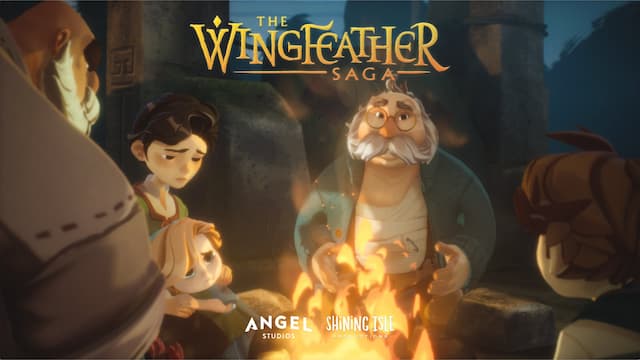The Museum of Broken Relationships

You know that guy who takes his family on vacation and makes them visit weird attractions and museums?
I’m that guy.
 I’ve even taken family to the National Museum of Funeral History. As unusual as that may sound, it was my second visit.
I’ve even taken family to the National Museum of Funeral History. As unusual as that may sound, it was my second visit.
Sure, I go to “normal” places too. And since you asked, my two favorites are the Henry Ford/GreenfieldVillage and anything Smithsonian.
Since a place like the Toilet Seat Art Museum is on my bucket list (it is an art museum), you’d think I’d visit any exhibit. Not so.
 I would not visit the Museum of Broken Relationships. According to the curators, this traveling exhibit encourages donations as a way “to overcome an emotional collapse through creation: by contributing to the Museum’s collection.” It’s a lasting legacy of love gone wrong. (Sounds like a country song—but without the dog or the pickup truck.)
I would not visit the Museum of Broken Relationships. According to the curators, this traveling exhibit encourages donations as a way “to overcome an emotional collapse through creation: by contributing to the Museum’s collection.” It’s a lasting legacy of love gone wrong. (Sounds like a country song—but without the dog or the pickup truck.)

This museum may feel temporarily cathartic for those who contribute, but it sounds like a good way to dredge up an old wound and pick at it. (Sorry for the mixed metaphor. The museum may think I’m just expressing myself after breaking up with an English major.)
What’s the benefit for the museum visitor?
- Maybe it helps some people realize they’re not the only ones lousy at relationships.
- Maybe it makes them feel better about themselves.
- Maybe it’s where they take someone they want to break up with, hoping they’ll take the hint.
We’ve all experienced broken relationships. We’ve been hurt. And we’ve hurt others. But there’s a better way to deal with the hurt than charging admission to our wounds.
Forgive the other person. Or ask for forgiveness. Or both.
“Be kind and compassionate to one another, forgiving one another, just as God also forgave you in Christ” (Eph. 4:32).
“… bearing with one another and forgiving one another if anyone has a grievance against another. Just as the Lord has forgiven you, so you are also to forgive” (Col. 3:13).
Forgiveness doesn’t say that what happened is OK, but it keeps the hurt from controlling our lives. Nothing good has ever come from unforgiveness and bitterness.
Move on.
Before Paul the apostle became a follower of Christ, he was a ruthless dude. He even called himself the worst of sinners (1 Tim. 1:15), but when he came to Christ, he found forgiveness. He broke with the old life and wouldn’t look back.
“Forgetting what is behind and reaching forward to what is ahead, 14 I pursue as my goal the prize promised by God’s heavenly call in Christ Jesus” (Phil. 3:13-14).
Why hold on to a broken past when a future in Christ is so bright?
Step out of the museum. Step into the Light.
Subscribe to this blog at the top of the page! And spread the word by sharing this post with others.
For a printable version: click here.
 This post supports the study “Forgive Your Neighbor” in Bible Studies for Life and YOU.
This post supports the study “Forgive Your Neighbor” in Bible Studies for Life and YOU.
Podcast
Join Lynn Pryor and Chris Johnson as they discuss this topic:
https://ministrysites.s3.amazonaws.com/podcasts/bsfl_adults/BSFL_ADULTS_SUM22_U2S5.mp3



